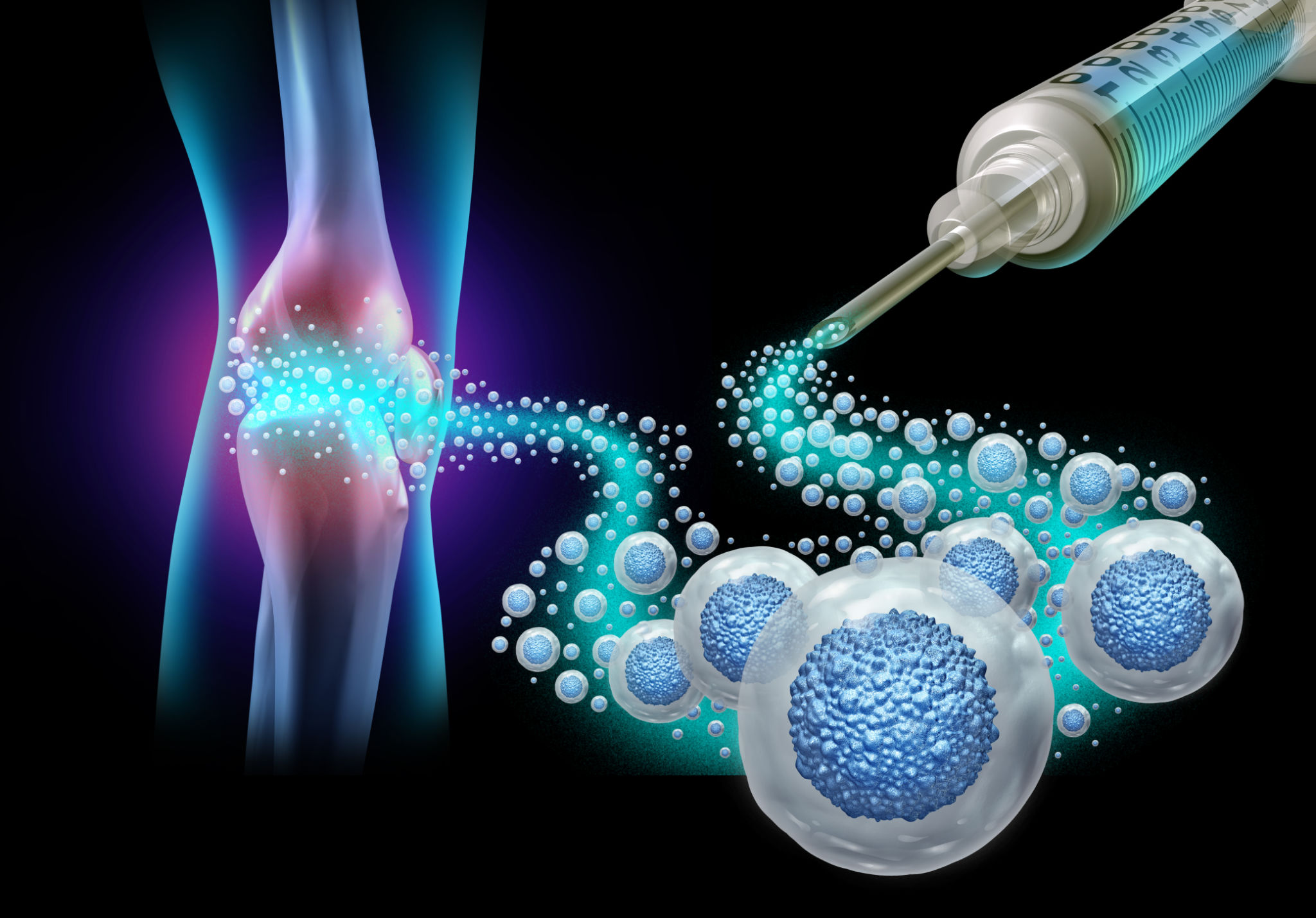The Latest Innovations in Stem Cell Therapy
Understanding Stem Cell Therapy
Stem cell therapy has emerged as one of the most promising medical innovations in recent years. By utilizing the body's own regenerative potential, it offers hope for treating a variety of conditions that were previously considered untreatable. Stem cells have the unique ability to develop into different types of cells, which makes them invaluable in medical research and treatment.
Researchers around the world are exploring how stem cell therapy can be used to repair damaged tissues, treat chronic diseases, and even combat aging. As science progresses, the scope of stem cell applications continues to expand, offering new avenues for medical breakthroughs.

The Role of Mesenchymal Stem Cells
One of the significant advancements in stem cell therapy involves the use of mesenchymal stem cells (MSCs). These cells are known for their ability to differentiate into a variety of cell types, including bone, cartilage, and fat cells. MSCs are being investigated for their potential in treating conditions such as osteoarthritis, spinal cord injuries, and cardiovascular diseases.
MSCs have shown promise in reducing inflammation and promoting tissue repair, making them a focal point of regenerative medicine. Their versatility and relatively easy extraction from tissues like bone marrow or adipose tissue make them a popular choice for therapeutic applications.

Advancements in Induced Pluripotent Stem Cells
Induced pluripotent stem cells (iPSCs) represent another groundbreaking innovation in the field. iPSCs are adult cells that have been genetically reprogrammed to an embryonic stem cell-like state. This transformation allows them to develop into any type of cell in the body, providing vast potential for regenerative therapies.
The ability to generate patient-specific iPSCs means that personalized medicine is becoming a reality. This advancement reduces the risk of immune rejection and opens up possibilities for treating genetic disorders, as researchers can study disease mechanisms in a lab setting using a patient's own cells.

Applications in Neurological Disorders
Stem cell therapy is making significant strides in the treatment of neurological disorders. Conditions such as Parkinson's disease, Alzheimer's disease, and multiple sclerosis are being actively researched with promising results. Stem cells' ability to regenerate damaged neurons offers hope for restoring function and improving quality of life for patients with these debilitating conditions.
Clinical trials are underway to determine the safety and efficacy of stem cell treatments for these disorders. The potential to reverse or slow down the progression of neurological diseases could revolutionize the way we approach brain health.
Challenges and Ethical Considerations
Despite the exciting potential of stem cell therapy, there are challenges and ethical considerations that must be addressed. Ensuring the safety and effectiveness of treatments is paramount, and regulatory bodies are working diligently to establish guidelines for clinical applications.
Ethical concerns primarily revolve around the use of embryonic stem cells and the need for informed consent in research. As the field evolves, it is crucial to navigate these issues thoughtfully to maintain public trust and support for continued advancements.

The Future of Stem Cell Therapy
The future of stem cell therapy is incredibly promising, with ongoing research paving the way for new therapeutic possibilities. As technology advances, we can expect more targeted and effective treatments to emerge, potentially transforming how we approach a wide array of medical conditions.
Collaboration between scientists, medical professionals, and regulatory agencies will be essential in overcoming current challenges and ensuring that these innovations benefit as many people as possible. Continued investment in research and development will be key to unlocking the full potential of stem cells in medicine.